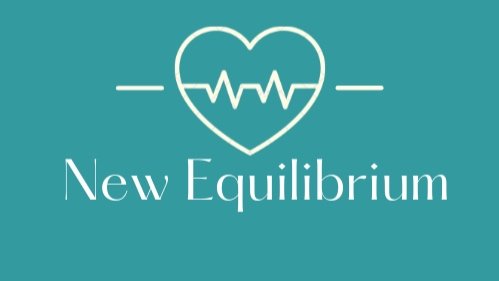Clients
-

Individuals
My general approach is client-focussed. That is, it is not up to me to decide the goals of treatment. It is up to me to provide a stable platform for change. A platform that allows an individual to examine their thoughts, feelings and behaviours.
Fundamental to this approach is the development of an open honest relationship. This is a collaborative effort.
-

Adolescents
I have worked extensively with adolescents, and I love it! There are added complexities when working with teens, beyond the momentous physical, emotional and developmental changes:
*Parents have a right to make informed decisions regarding any treatment for their child.
*Effective treatment is dependent on the development of therapeutic relationship.
*Confidentiality is essential to any therapeutic relationship.
After an initial assessment, I discuss treatment options with the family. I also make explicit the boundaries, the limits of disclosure and a plan for managing these multiple relationships.
-

Couples
Working with couples is challenging, and incredibly rewarding. Just as working with adolescents requires managing competing needs of the parent and the child, couples counselling requires the management of three clients: both partners and the relationship.
To this end, I incorporate a higher degree of structure to the sessions and, again, make the limits of disclosure and the boundaries explicit.
Issues
-

Pain & Trauma
I have considerable experience working with clients who were referred after serious trauma, both physical and/or psychological. This includes workplace or transport accidents and victims of crime.
From this work, I have gained an expertise in complex trauma and pain management, as well as in the complex interrelationship between pain and post-traumatic stress.
-

Transcultural Mental Health
I have experienced first hand the major impact of changing countries. So many things I took for granted were gone, that included my language, friends, family, profession and familiar road rules. In my case, the move also brought me so much and motivated me to understand more about the impact of migration on mental health.
I have been fortunate to conduct research with Agence ITER France on the process of acculturation, working with families from all over the world (e.g., Russia, South Korea, India, China & Europe) who moved to France for work.
This experience taught me that what may trigger our distress and how we express our distress may change, but the underlying physiological response is the same. It also highlighted the importance of connection to community and culture, both in France and the countries we left behind.
-

Anxiety, Depression & Stress Management
The main reason that many people seek treatment is distress, manifested by symptoms of anxiety and depression. I have a great deal of experience in the assessment, diagnosis and treatment of anxiety and depression.
Some clients simply need support, guidance and information as they go through a difficult time. For others, the issues are more longstanding, and more in-depth exploration and treatment are necessary.
If you are interested in objective measures of current anxiety or depression levels, follow the link to Zung SAS or Zung SDS.
Aphantasia Links
-
Is an author and journalist that speaks both French & English fluently. After discovering she had no mental imagery (while writing a book on mind altering substances), she dived into the research. The linked article is the result so far.
-
An English language website that has followed the research addressing the extremes of mental imagery. They also run an annual conference that showcases the most up-to-date knowledge and introduces the experts.
-
A French (& English) language website that translates some findings and brings together the research in France. They have even published a book!
-
This post on learning about aphantasia is excellent. The curiosity that she and her husband bring to this unexpected difference in perspective is both clear and light-hearted.

